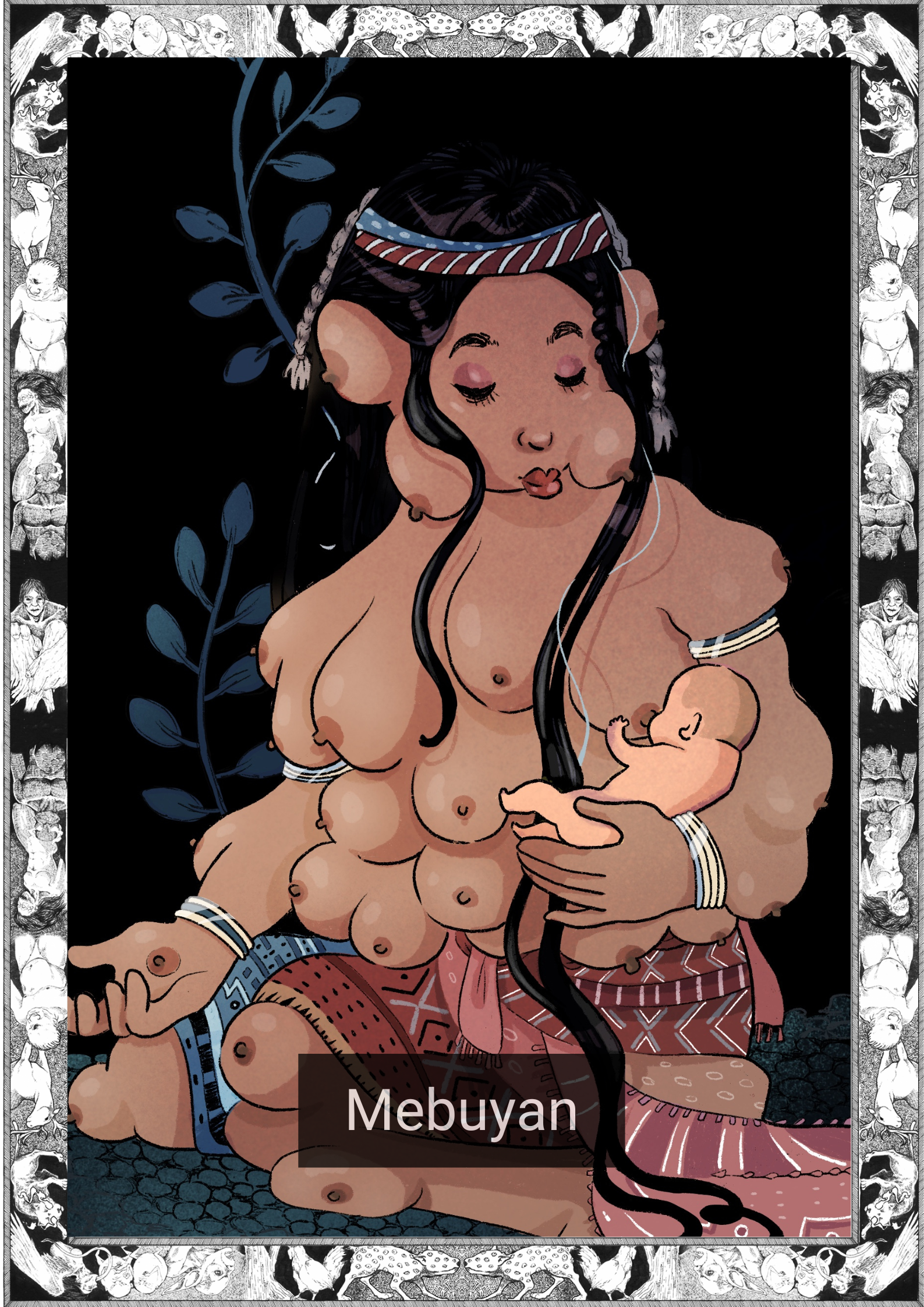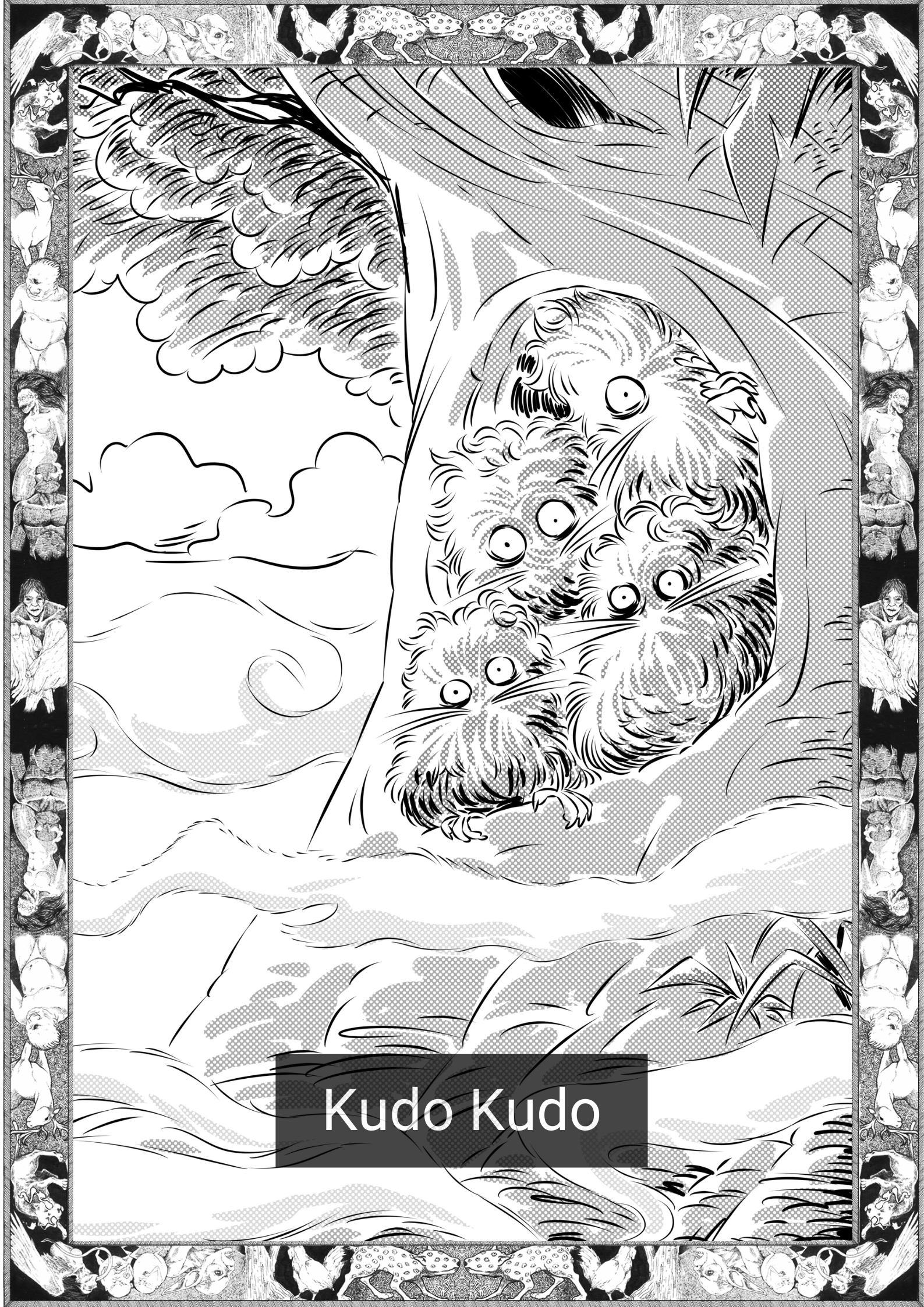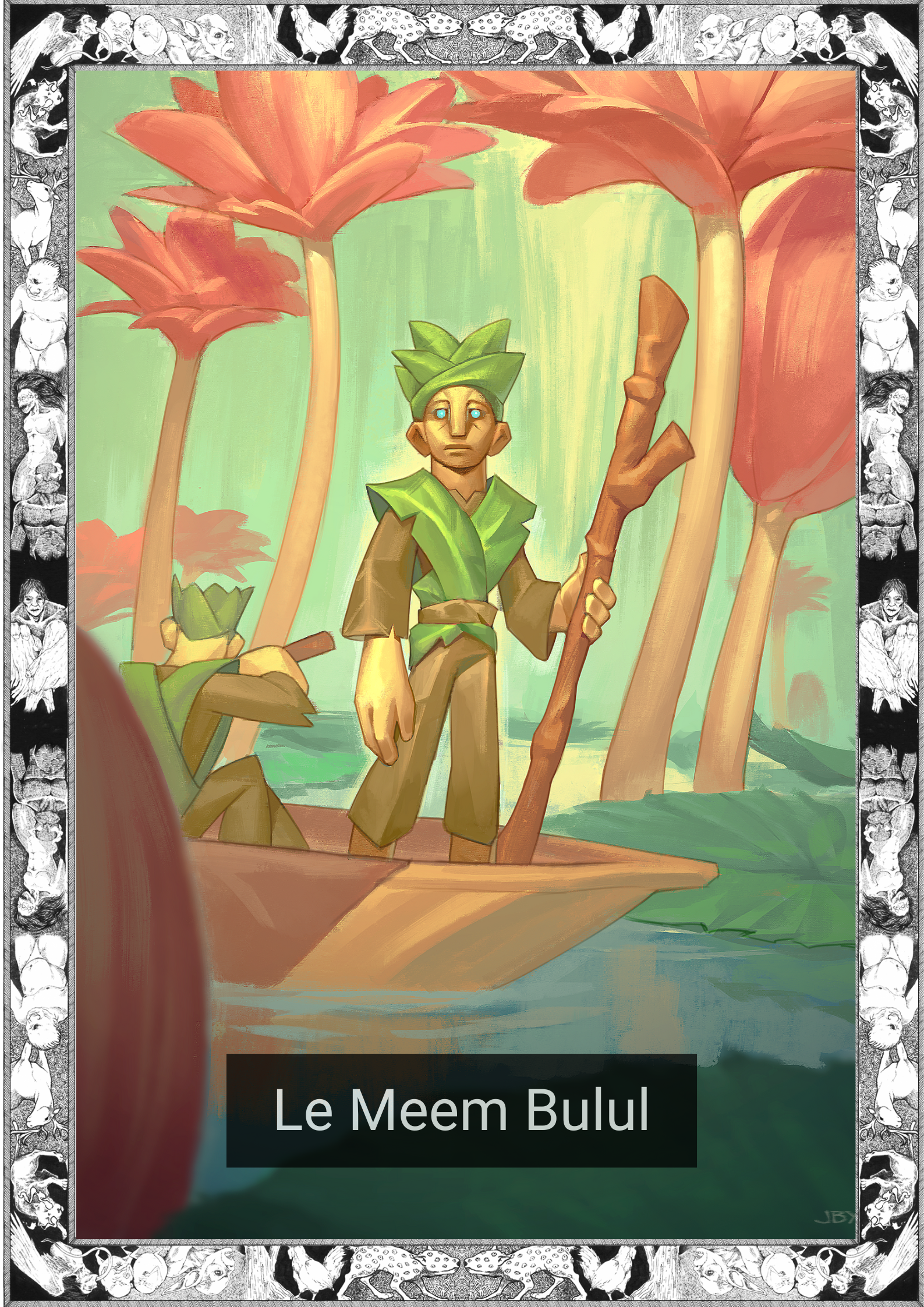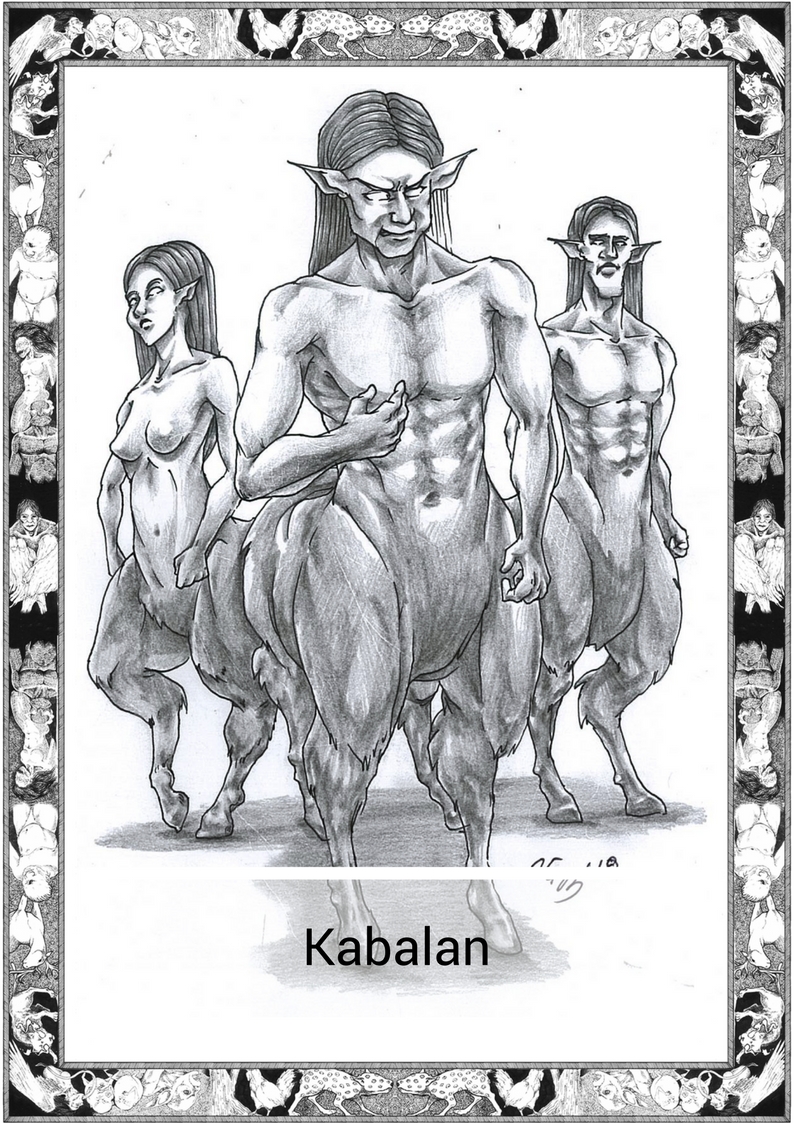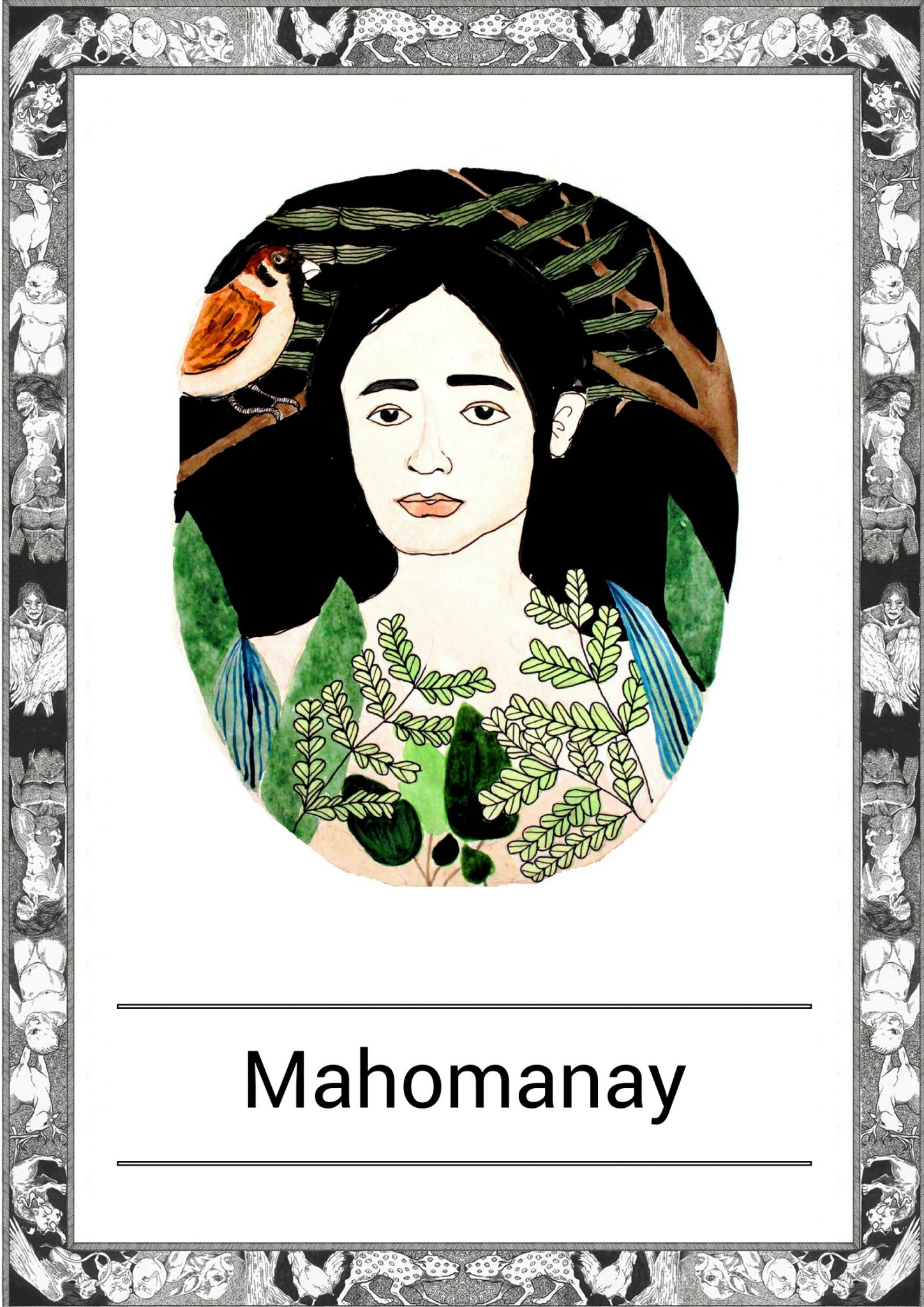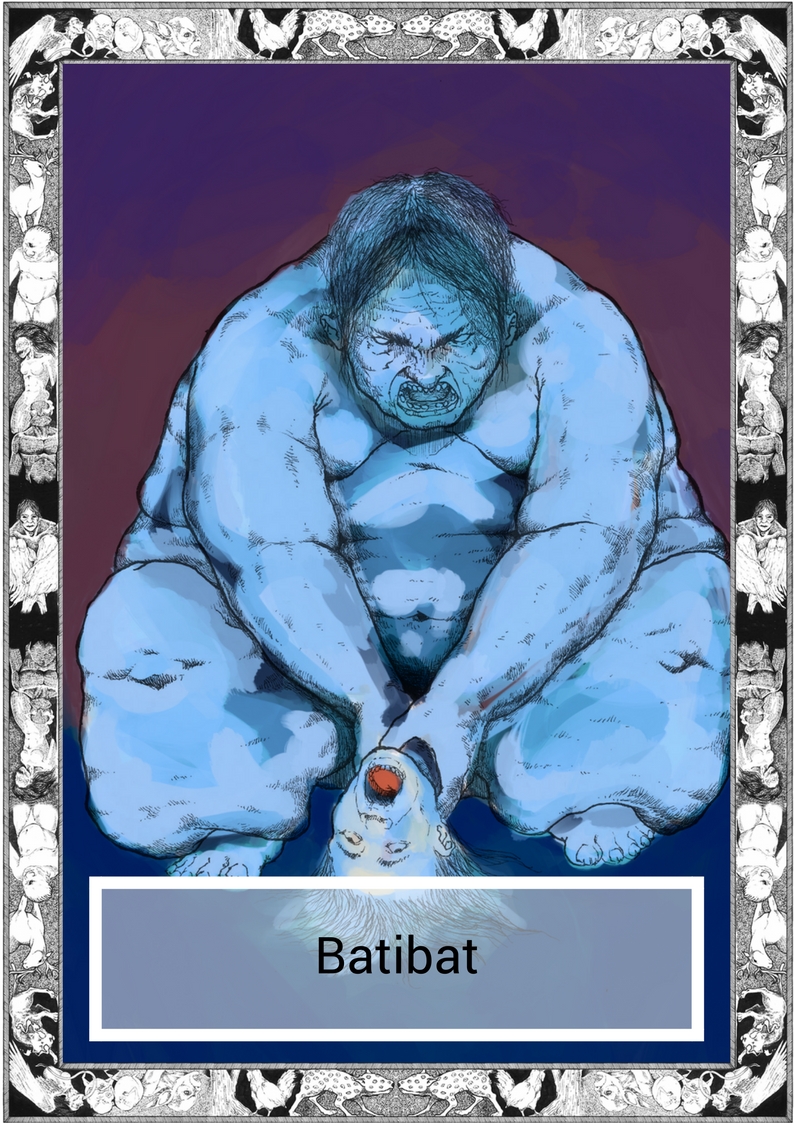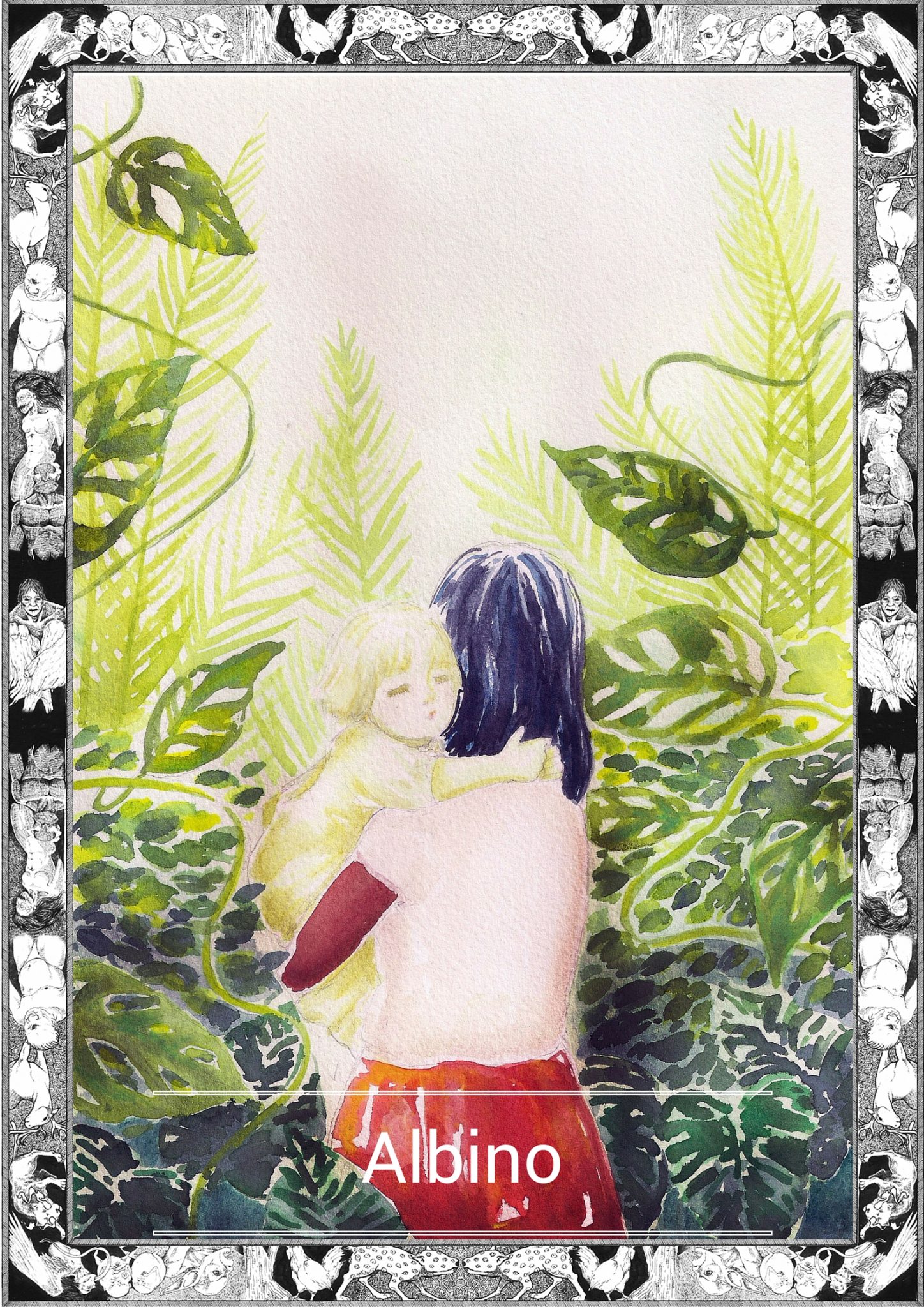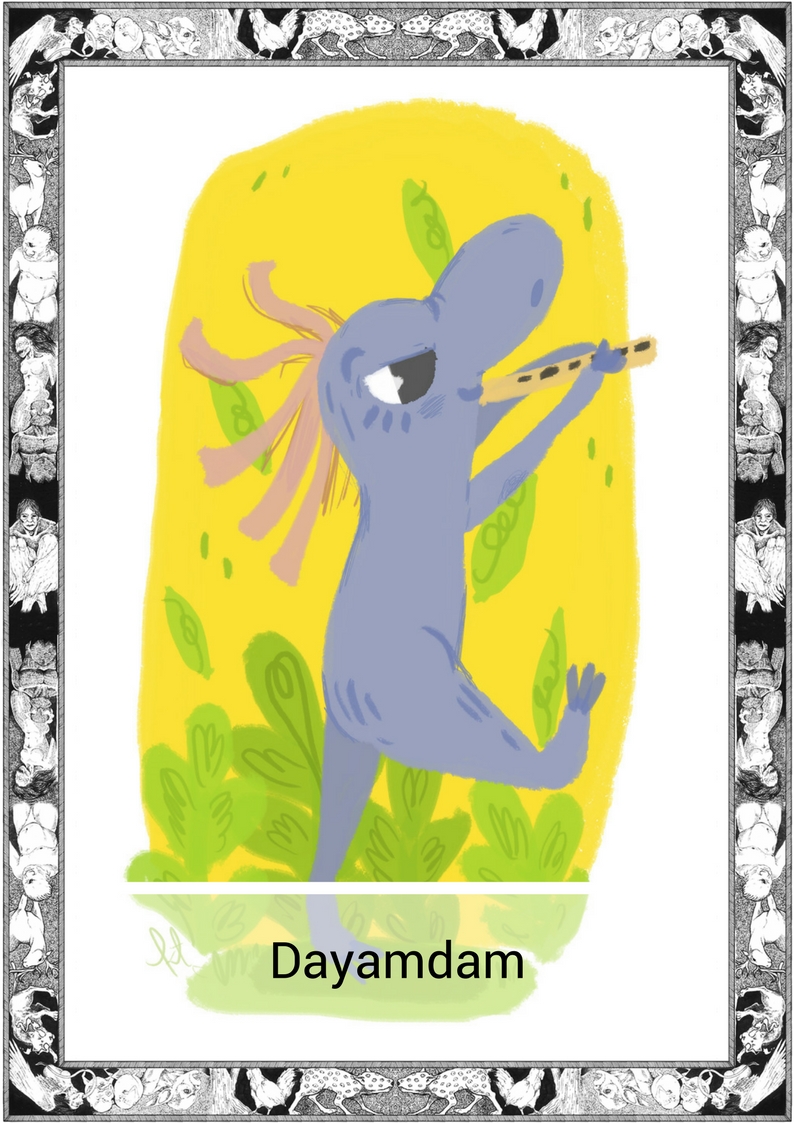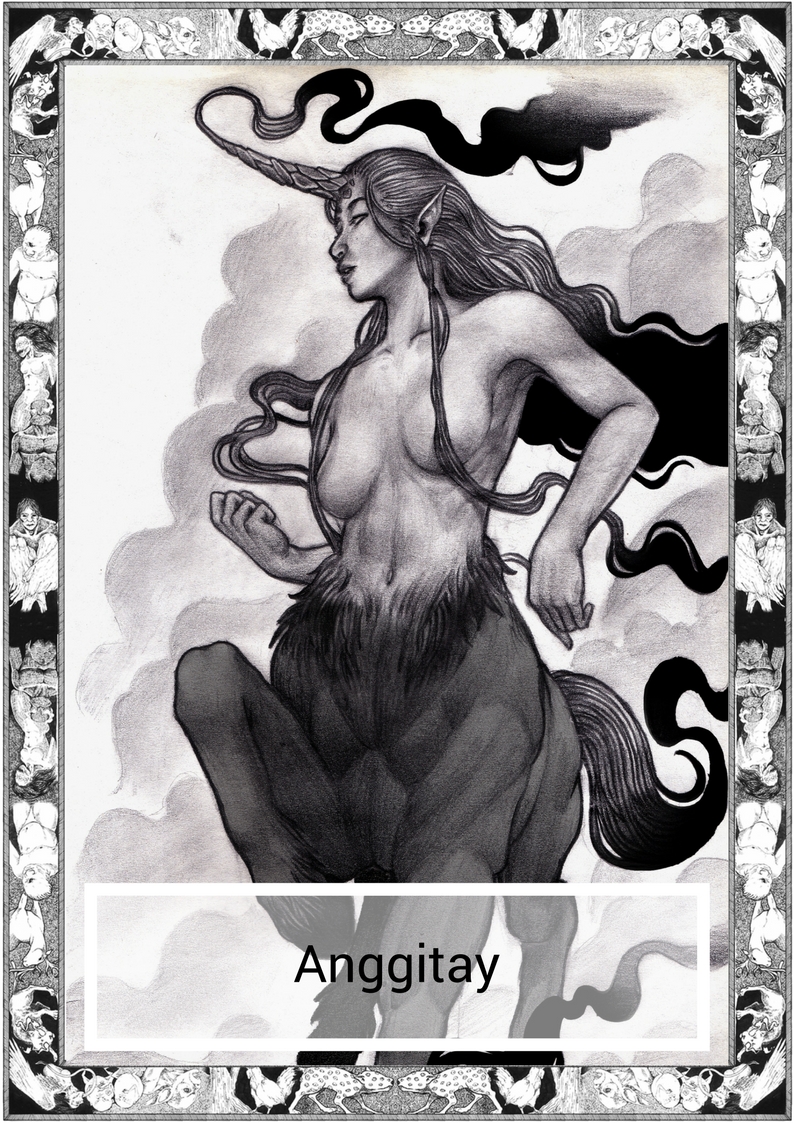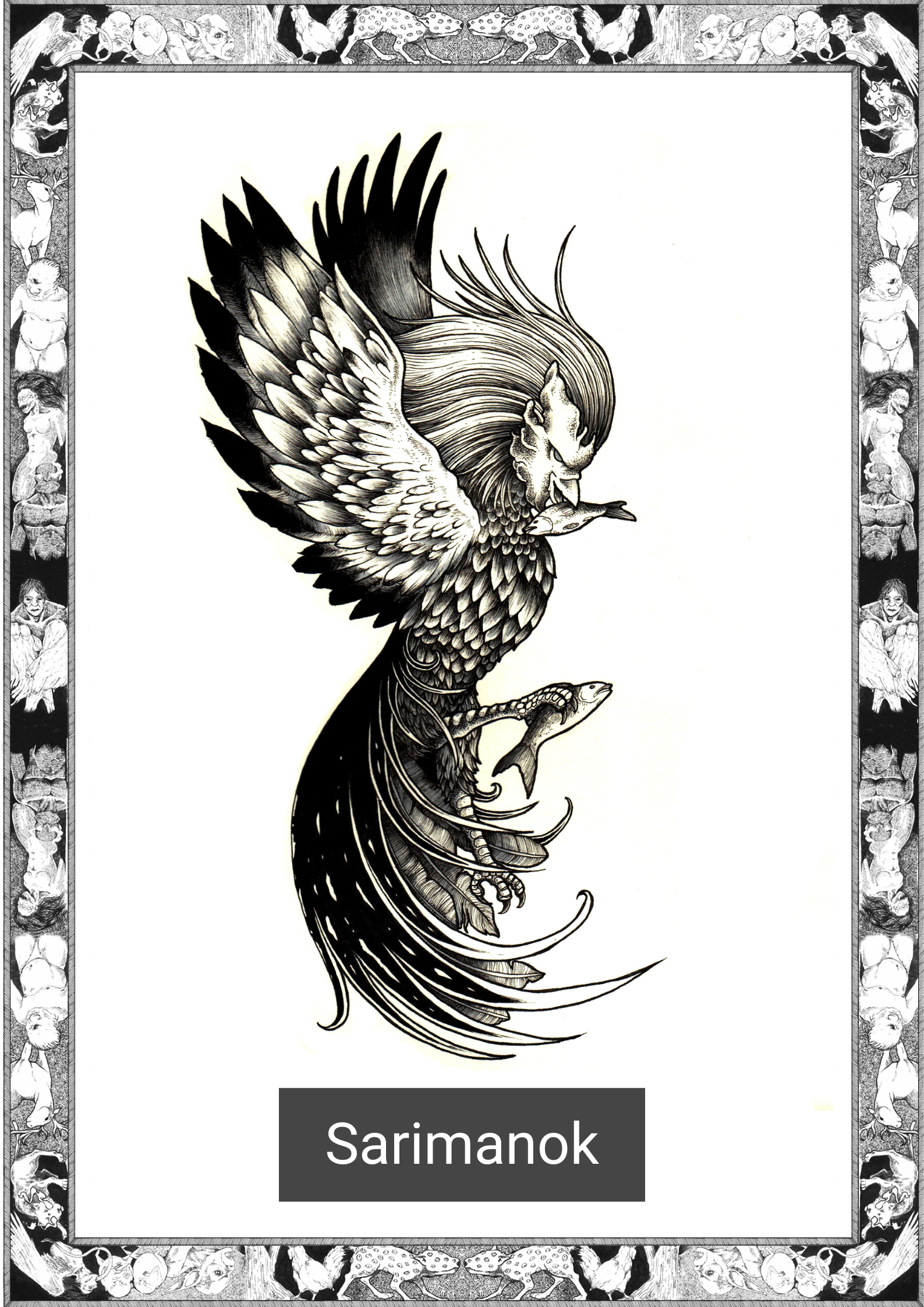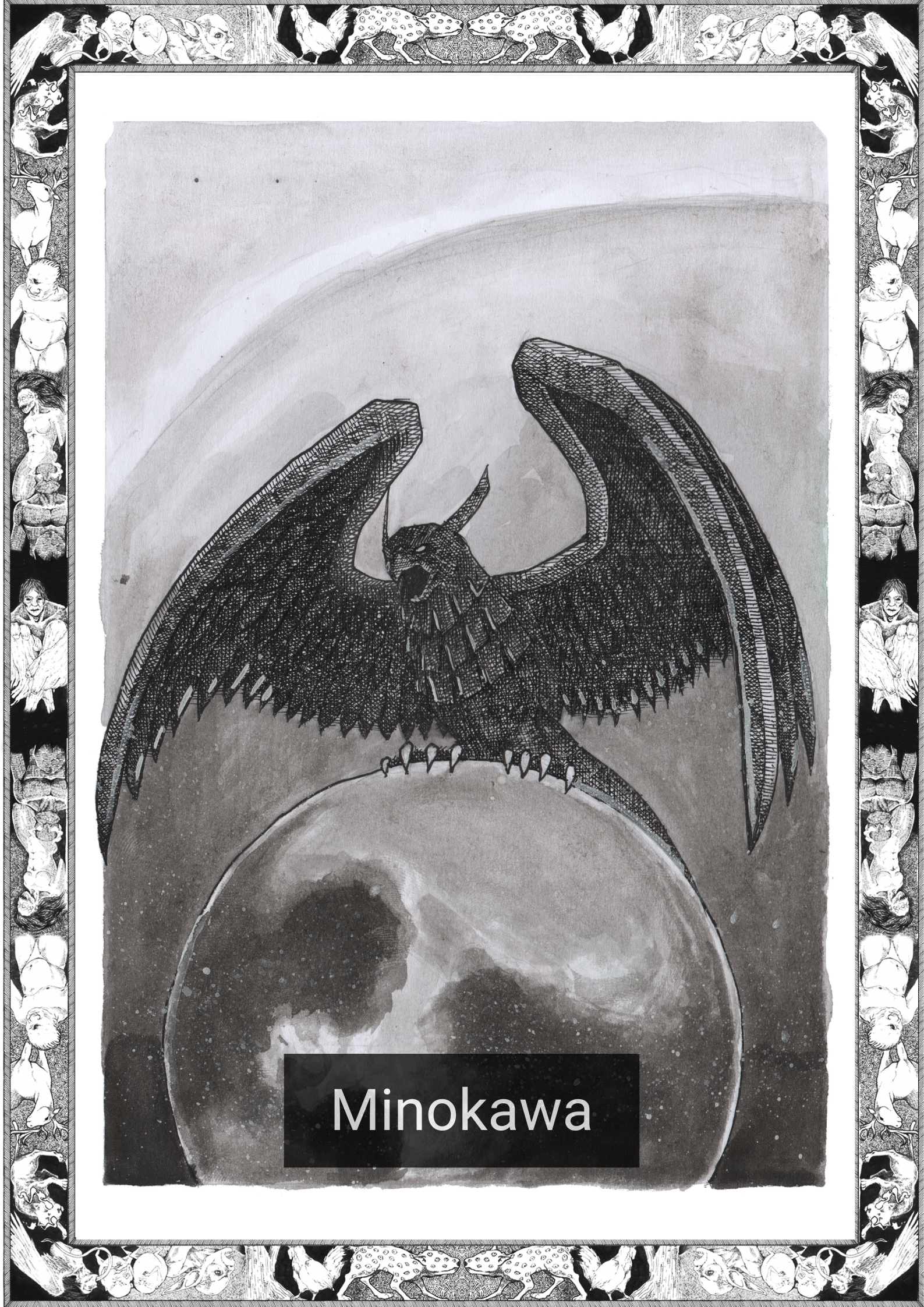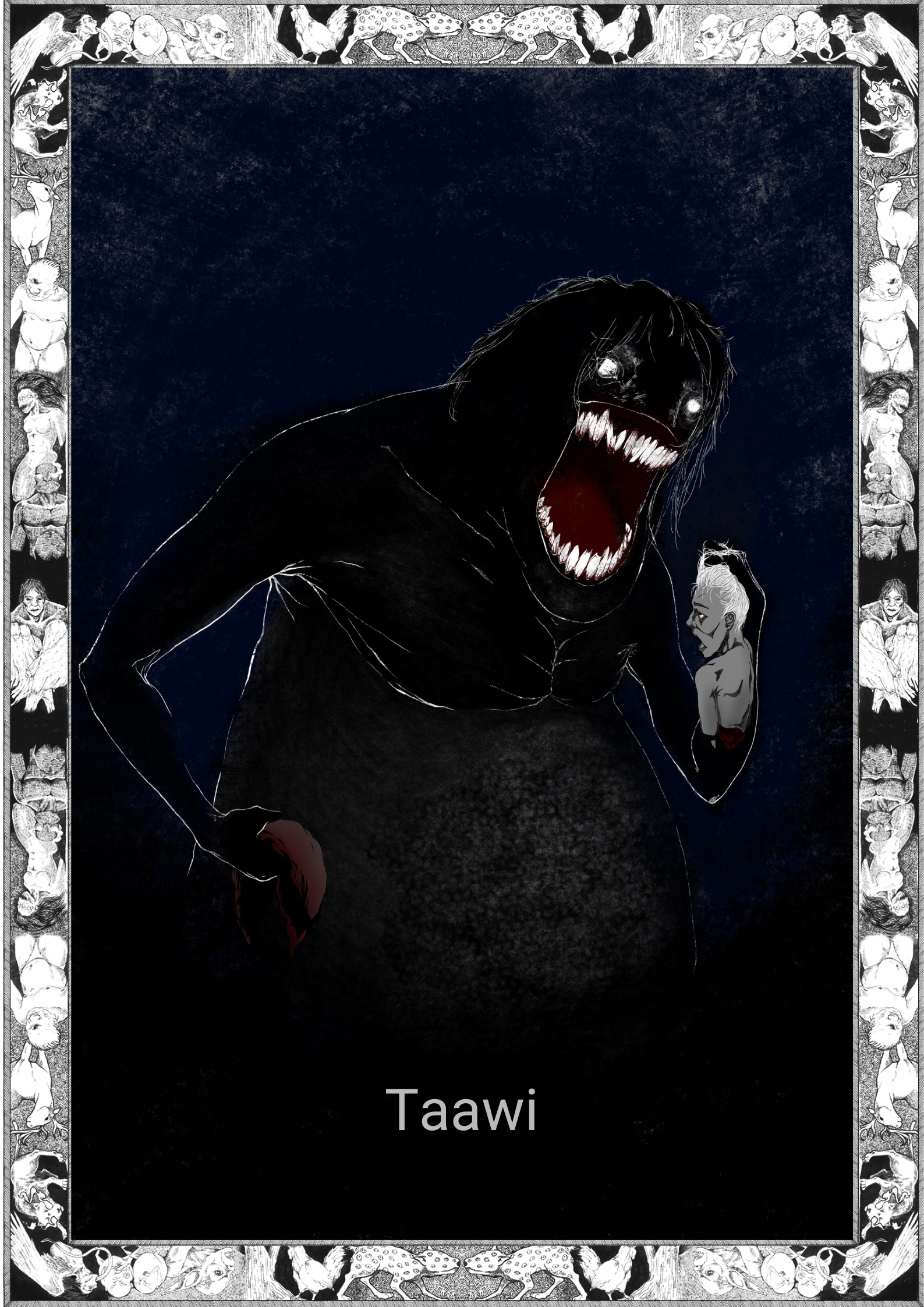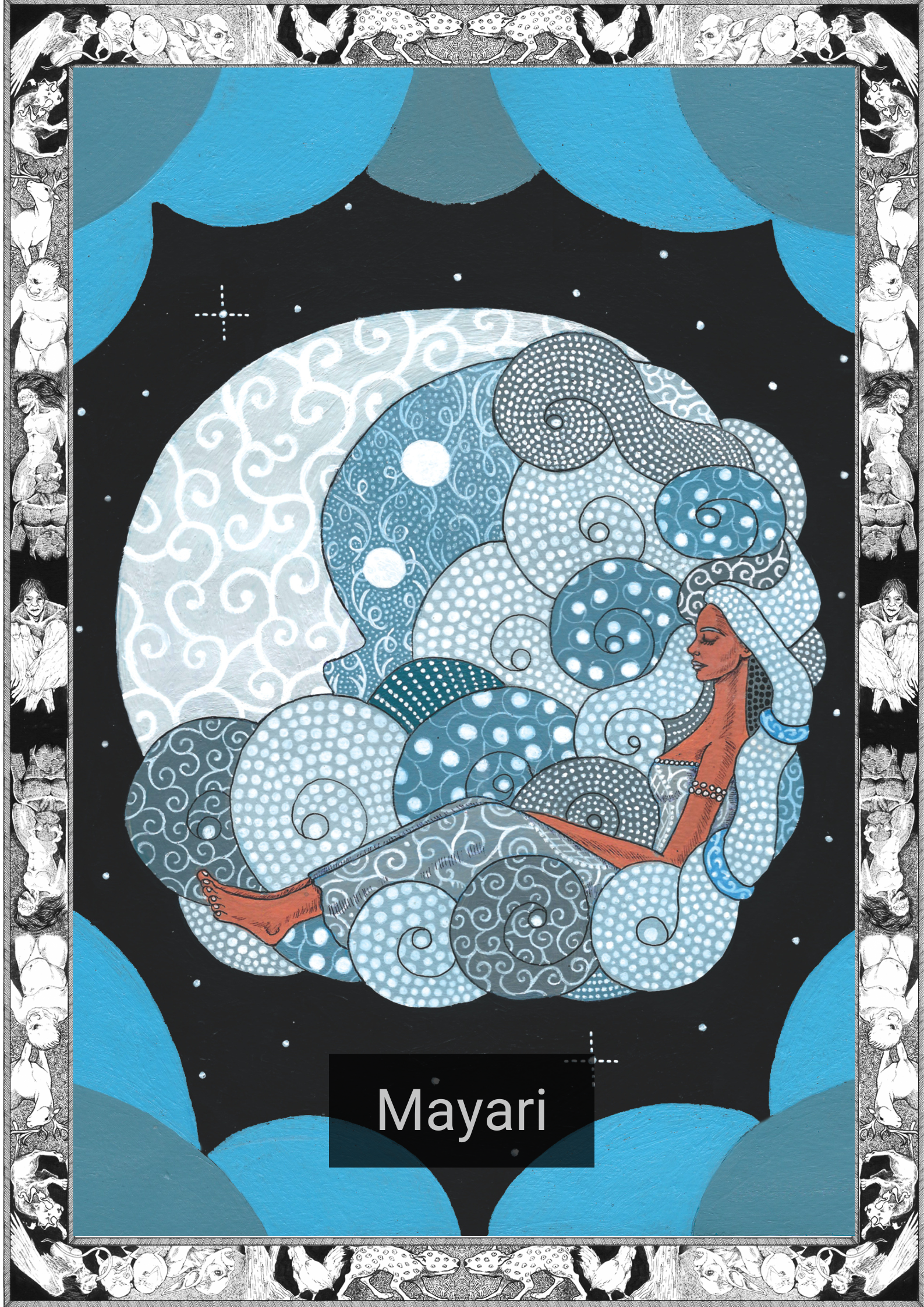
*Note this story is in Cebuano
Usa ka adlaw, naay usa ka nagmug-ot nga babae nga walay mapaulian. Usa ka sakit ang ni katap sa lugar ug ang mga katawhan sa iyahang probinsya walay nahimo kung dili ang manirado sa ilang mga balay para dili mo padayon ug katap ang na ingong sakit.
Pero kining lugar kung asa siya karon—dili ang iyang lugar na natawhan. Naa siya’y pamilya pero gi mingaw siya sa mga higanteng taas kaayo nga pwede nila makab-ot ang langit. Gi mingaw siya sa kadaghang tawo nga murag walay kahupasan. Gi mingaw siya sa mga adlaw nga iyang makauban ang iyang mga higala para mag-inom.
Sa dihang ang mga adlaw nahimong semana, ang iyang kamingaw ni samot.
Di siya makabiya sa ilang balay, basin madakpan siya sa mga opisyal sa ilang lugar.
Pwede siya mo basa sa iyang mga libro, pero nahuman na niya ug basa tanan. Ni sulay siya ug lingaw sa iyang kaugalingon sa pag tan-aw sa mga screen nga iyang gi dala gikan sa iyang lugar na natawhan, pero mura man sila ug naguba. Ni sulay siya ug gama ug mga kanta, pero wala siya’y tao nga pwede niyang mahimong inspirasyon.
Nawad-an ug rason ang iyang kinabuhi.
Wa siya’y mahagap nga rason sa kung asa siya karon.
Usa kaadlaw, nabuang siya sa kamingaw. Wa na niya nakaya ang upat ka bongbong sa ilang balay nga walay pasabot sa iyaha.
Ni hulat siya sa iyang pamilya nga makatulog (ug ang mga gwardiya sa baryo) ug ni dalagan sa dalan nga murag gi gukod.
Kung makashagit palang siya sa langit, ganina ra siya ni shagit. Pero nakagawas na siya sa pipila ka adlaw nga pagkapriso sa ilahang balay. Mas importante sa iyaha nga nakagawas siya.
Sukad adto, kada adlaw na siya mo ikyas sa ilahang balay. Iya gi sukod ug unsa iyang kayang mahimo. Ang saunang abi niya di niya mahimo, iya na karong nahimo. Gi himo.
Hangtod ni abot ang usa ka gabii.
Nawagtang sa iyang huna-huna ang estado sa ilang lugar. Nawagtang siya tungod sa iyang gibating kalipay nga gidala sa iyang pagkagawas sa iyang prisohan. Wala siya kabantay sa dan-ag sa flashlight. Ni dalagan siya, pero nawagtang na siya. Wala siya kabalo sa kung asa na siya. Kahibalo na siyang masakpan na siya. Di na siya kabalik sa gawas.
“Psssst. Ali diri.”
Niog ang palibot, wala kaayo’y makit-an ang babae pero ang kangitngit ug ang punuan sa Galawin nga kung asa gikan ang nanitsit niya. Natiman-an niya ang mga gi istorya sa iyang Lola, ang mga espiritung namuyo sa mga punuan.
Pero di siya gusto madakpan. Ni adto siya sa punuan sa Galawin ug ni tago sa kangitngit.
Nakakita siya ug murag hayag sa interyor sa punuan.
Naglingkod sa iyang atubangan ang usa ka nilalang nga nagsuot ug nawong sa usa ka tao, iyang lawas napuno og agup-op ug lumot.
Ang babae ni guba sa kahilom nila, “Hello.”
Gi balikan lang ang babae ug ngisi sa wa na ilhang tao.
“Hello, unsa imong pangalan?”
“Ako si Julie, malipayon kong nagkaila-ila ta ron.”
“Malipayon sad kong nagkaila-ila ta.”
“Pwede mangutana? Pero UNSA diay ka?”
“May unta kahibalo sad ko. Kahibalo ba ka unsa mi?”
Naglibog si Julie sa gi ingon sa nilalang. Napahilom nalang siya.
“HAHAHA, atik ra. Kamong mga tao dali ra gyud mong ma atik.”
“Pasaylo-a ko, dili ko sige—“
“Makakita ug espiritu? Dili bitaw sige makakita ug espiritu ang mga tao. Mao bitaw nga kutob ra mi sa mga istorya nga ipasa-pasa sa mga pila ka henerasyon nga mga tao, nag gikan sa inahan, sa inahan sa inahan. Mga istorya nga isulti para makuha nila ang ilang gusto.”
“Unsa man,” ni tutok si Julie sa espiritu, “ang imong gusto?”
“Gusto lang nako mo tabang,” ni tubag ang espiritu nga dalang ngisi.
“Unsa imong gipasabot?”
“Basin nagkinahanglan ka ug tabang.”
Napaginhawa si Julie, “Di ko gusto mo puyo diri. Kung pwede lang unta magkapako, mo lupad ko para makabalik lang sa lugar nga akong natawhan.”
“Sigurado ka? Kadungog ko wala kaayo’y tao didto.”
“Pero didto ko nagdako, didto ko gi panganak. Ako gihapon tong puluy-anan.”
Ni tando ang espiritu, “Sa mga ing-aning kahimtang kung asa nag atubang ta ug dakong pagsulay, ang atong nailang puluy-anan makadala gyud ug kahupayan.”
“Oo, kana. May gani nakasabot ka. Dili parehas sa akong pamilya.”
“Siguro gusto lang nila ang pinakamaayo para sa imoha.”
“Pinakamaayo? Mura ko og gi tuok. Hapit nako mabuang. Di ko kalakaw, di ko ka huna-huna. Di ko ka istorya sa akong mga higala kay purting hinaya sa signal diri.”
“Gi kapoy naka.”
“Oo.” Ni lingkod si Julie ug gi lubong ang iyang nawong sa iyang mga kamot.
“Nakahuna-huna ba ka nga basin dili lang ni tungod nimo?”
“Mura ka og mga tao nga naa sa balita.”
“Dili ba tinood?”
“Kahibalo man diay ka sa mga nahitabo karon.”
“Basta ing-ani kadakong panhitabo, maki balita gyud ang mga espiritu.”
“Asa nimo na hibaw-an?”
“Sa usa ka langyaw, pero dili na na importante.”
“Nganong naa pa ka diri? Nganong wa ka ni tabang nga mapahawa ning katalagman nga ni palibot aning lugara?”
“Ang pagsulbad anang problemaha dili na apil sa unsa’y mahimo sa akong gahom.”
“Nganong nakipag-istorya pa man ka nako?”
“Kay dili ko kasulbad sa dakong problema, basin naa ko’y matabang sa mas gamay nga problema—“
“Ayuhon ko?”
“Pwede nakong masulayan.”
“Ngano man? Pwede ra man ko mag tanga sa akong kwarto, maghuna-huna sa unsa’y buhaton mintras wa pa ko nabuang.”
“Gusto ra ka ana? Kaysa–“
“Mamatay?”
“….”
“Di ko bogo. Kabalo ko unsa ka risgo. Kung di ko mamatay ana, mamatay siguro ko sa pagkapriso sa akong kwarto. Mabati na nako, padong nako mabuang.”
“Nakakita nako sa mga tao nga parehas nimo. Madasigon. Isog. Mga tao nga andam mo himo ug bisag unsa, bisag isugal pa nila ilang kaugalingon, para lang mabati nilang buhi sila.”
“Diba? Kahibalo ka—“
“Ug sila sad ang mga tao nga dili sad mo bati sa unsa’y bation sa ilang kabanay na mabilin.”
“…”
“Pila ka dughan imong pasakitan? Pila ka tao ang imong isilo kay tungod wala ka’y lain mabuhat ug gusto ka ug bag-ong mahimo?”
“Dili na patas.”
“Ang kamatuoran usahay ra patas.”
Wa na ni tubag si Julie.
“Wa na sila.”
Natiman-an ni Julie nga naa siya karon, sa iyang gi lingkuran, tungod kay ni tago sa mga gwardiya nga nigukod niya.
Ni tan-aw si Julie sa espiritu ug nagpasalamat sa oras nga iyang gi hatag sa ilang pag-inistoyahanay. Sa wala pa siya ni biya, nangutana siya, “Pwede mo balik ugma? Ganahan unta ko makig-istorya nimo utro.”
“Pwede ra man di ka mo anhi diri. Paminawa lang ang kasikas sa hangin.”
Og sa dihang nakita sa Dawinde ang babae nga ni dalagan pabalik sa iyang panimalay, ni ngisi kini.
Kung wala ma’y lain,
Mahimo ning buotan.
=———————————————————–=
English Version
Once there was an angry girl with nowhere to go. A great sickness enveloped the land, and the people in her province had no choice but to close themselves off to avoid its spread.
This place was not her home, she had family there, true, but she longed for the giant girders that reached the clouds, the bustling sea of people that never seemed to end, the long nights spent with friends over a glass of wine.
And as the days passed into weeks, her loneliness only grew.
There was no way she could leave her house, lest she get caught by the officials.
She would have lost herself in books, but she had read them all. She tried to escape into the bright screens she had brought from home, but they didn’t work as fast as she had wanted them to. She tried to make music, but she had no muse.
She had nothing in her life.
Not there at least.
One day the loneliness broke her. She couldn’t stand the four walls of a room that had no meaning to her.
She waited until her family fell asleep (and hopefully the guards as well) and ran through the streets like a madwoman.
If she could she would have screamed at the heavens, finally she had a small bit of freedom.
And that was enough, for at least one night.
This became her routine, trying to stretch her body and pushing the boundaries of what she could do.
Until one fateful night.
She had lost herself in the breeze that she almost didn’t notice the flashlight moving towards her. She tried to run, but this part of the town was unknown to her and she fully expected to get caught.
“Psssssssssst. Over here.”
In the darkness, she could only hear that the sound came from the Galawin tree. She remembered the stories that her lola would tell, about spirit beings that inhabited the trees.
She figured that she’d rather take her chances in the tree than get caught and let the darkness take her.
A small light illuminated (what she assumed was) the interior of the tree.
Sitting in front of her was a creature, human in form, covered with a patchwork of fungus and moss.
She was the first to break the silence.
“Hello.”
The creature replied back with a warm smile.
“Hello, what is your name?”
“I’m Julie, it’s nice to meet you.”
“It’s nice to meet you too.”
“Excuse me, but, what ARE you?”
“I wish I knew myself. Do we really know what we are?”
Julie met this statement with a confused silence.
“HAHAHA, I’m just kidding. You humans are so touchy when it comes to jokes.”
“I’m sorry, I’m just not used to—”
“Seeing a spirit? Most humans are, there’s a reason why we’re regarded as legends used by people to get what they want.”
“So,” Julie looked at the creature, “what DO you want?”
“I just want to help,” the creature replied with a toothy grin.
“What do you mean?”
“I figured I could lift some spirits,” (Julie later realized this was a joke)
Julie sighed, “I can’t stay here, not in this town, not anymore. I wish I could just grow wings and fly back home.”
“Do you think that would make you feel better? I hear it’s pretty empty there as well.”
“It would still be home.”
The creature nodded, “In times of strife nothing is more comfortable than being where you can let your heart out.”
“Yes, see you understand. Not like the rest of my family.”
“I’m sure they only want what’s best for you.”
“How? The past few weeks I’ve gotten more broken. I can’t move, I can’t think. I can’t even talk to my friends because the signal here is miserable.”
“And so are you.”
“Yes.” Julie sat down and buried her head in her hands.
“Did you ever think it might not be about you?”
“You sound like everyone on the news.”
“You don’t think they have a point?”
“So, you know what’s going on.”
“When something as big as this is happening, the spirits tend to talk to one another.”
“Where did you hear it from?”
“A travelling breeze, but that doesn’t matter.”
“Then why are you still here? Why don’t you help get rid of it?”
“That is beyond my powers.”
“Why are you even talking to me?”
“Because if I can’t fix the bigger problem then at least I can—”
“Fix me?”
“I can try.”
“Why bother? I’ll probably just melt into my room, trying to figure out what I can do before the walls start to close in.”
“Would you rather that than—”
“Than being dead?”
“……”
“I’m not stupid, I know the risks. If it doesn’t kill me the quarantine just might. I can feel myself slowly slipping away.”
“I’ve met your kind before. The passionate. The brave. The ones willing to set themselves on fire just to feel alive.”
“See—you know—”
“And those that don’t care about the tears they leave in their tracks.”
“……”
“How many broken hearts have you left behind? How many spirits have you shattered just because you became bored and wanted something new?”
“That’s not fair.”
“The truth seldom is.”
Julie sat in silence with the creature.
“They’re gone now.”
It was then that Julie remembered that she was actually running away from the guards.
Julie looked at the creature and thanked it for its time. Before she left she turned to it and asked, “Can I come back tomorrow? I’d still like to talk to you.”
“You don’t have to go all the way here. Just listen to the night air”
And as the Dawinde saw her running back to her house it smiled.
If nothing else,
It would be kind.
=—————————————————-=
Inspired by the story “How Dauin got its Name” in Negros Oriental and Siquijor Island Legends, Beliefs and Folkways. Aldecoa-Rodriguez. 2000.
Dawinde illustration by Marko Mikhal Gomez Deposoy
FB: https://www.facebook.com/Markoriginals/
IG: https://www.instagram.com/mark0riginals

